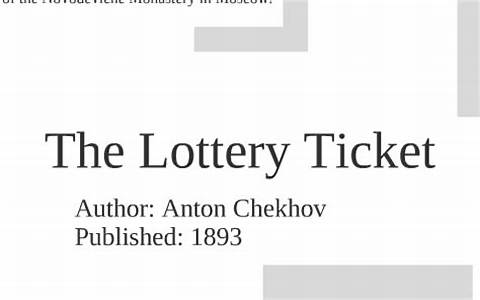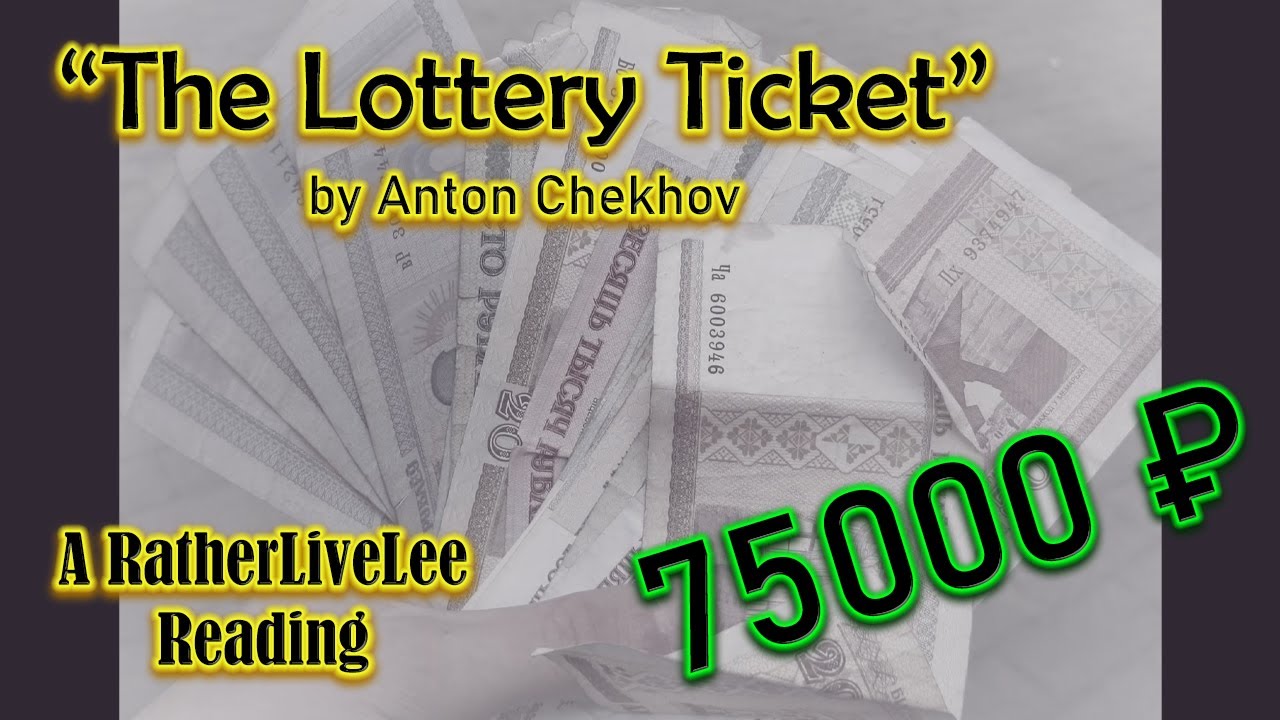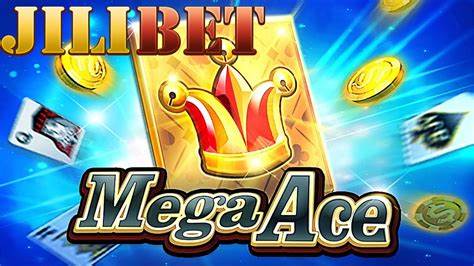Explore the Plot of "The Lottery Ticket" by Anton Chekhov in Jilibet
The Power and Paradox of the Lottery Ticket in jilibet


The lottery ticket is more than just a slip of paper; it is a potent symbol of hope, chance, and the pursuit of dreams. In contemporary society, the lottery ticket represents both the allure of sudden wealth and the inherent risks of gambling. Its role in our culture stretches from a simple game of chance to a metaphor for economic opportunity, reflecting the delicate balance between optimism and the hard realities of probability.
A Symbol of Hope and Opportunity
For many, a lottery ticket embodies the hope of a better future. It offers the possibility of breaking free from economic constraints and achieving life-changing success. Every lottery ticket carries with it the promise of instant transformation—a dream that a single stroke of luck could overturn years of hard work. The simple act of purchasing a lottery ticket encapsulates a belief in chance and a desire to seize an opportunity that might defy conventional odds.
The Economics of Chance
The economics behind the lottery ticket is as intriguing as its symbolism. Lottery systems are designed around the principles of risk and reward, where the odds of winning are meticulously calculated. Despite the slim probability of a jackpot, millions of people invest in these tickets, driven by the allure of a high reward. This dynamic underscores the paradox of the lottery ticket: while it offers an accessible chance at wealth, it also reinforces the disparities inherent in economic systems. The lottery, as a form of gambling, invites individuals to gamble on their fate, blending hope with the harsh mathematics of chance.
Social Implications and Cultural Impact
Beyond its economic aspects, the lottery ticket carries significant social and cultural implications. It is both a personal talisman and a social phenomenon that mirrors the aspirations and struggles of communities. In many cultures, the lottery ticket has become a ritual—a way to dream big and invest emotionally in a future that promises change. However, this widespread belief in luck and fortune also invites caution, as it can lead to unrealistic expectations and financial hardship for some. The dual nature of the lottery ticket—its potential to uplift as well as its capacity to disappoint—continues to spark debate among economists, sociologists, and cultural commentators.
Conclusion
The lottery ticket stands as a multifaceted symbol in modern life. It represents hope, chance, and the daring pursuit of dreams, while also serving as a reminder of the calculated risks inherent in every gamble. Whether viewed as a simple game of chance or a profound metaphor for economic and social mobility, the lottery ticket challenges us to consider the balance between risk and reward in our own lives.



